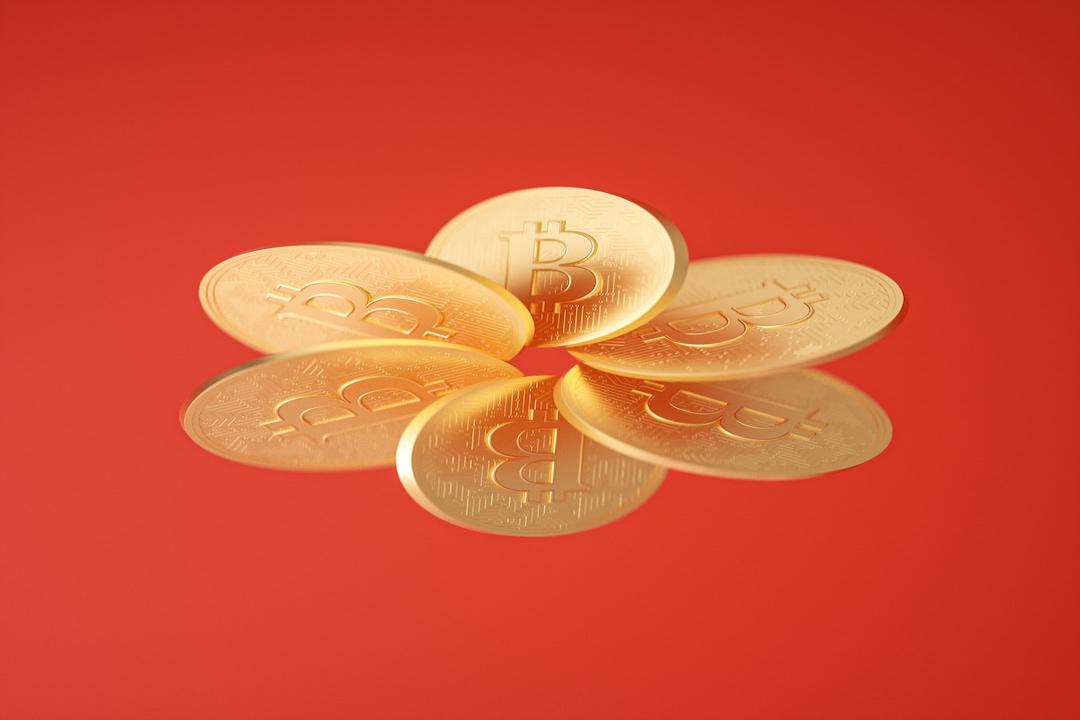Solana Foundation Takes Action Against Validators Involved in Sandwich Attacks
The Solana Foundation has recently made a bold move against a group of validator operators who have been engaging in sandwich attacks on traders, a deceitful practice that has been causing issues on decentralized networks.
This action is in line with the Foundation’s regulations that prohibit such malicious behavior and their dedication to protecting the integrity and reliability of the Solana ecosystem. The Foundation’s primary focus is on safeguarding retail investors from being taken advantage of.
Sandwich attacks take advantage of the way transactions are sequenced on blockchain networks such as Ethereum and Solana. A malicious individual places an order before a pending transaction and another immediately after. This manipulation of the asset’s price allows them to profit from the price difference, leaving retail investors with the worst possible deal while the attacker walks away with all the gains.
The validators who were found to be involved in facilitating sandwich attacks through mempools have been removed from the Solana Foundation’s delegation program. Tim Garcia, the lead of Solana’s validator relations, made the announcement on Discord, highlighting the Foundation’s strict stance against malicious activities.
Validators who engage in harmful practices, including participating in private mempools to carry out sandwich attacks, will face immediate expulsion from the delegation program, according to Garcia.
It is important to note that the Solana Foundation Delegation Program aims to support validators by assigning them SOL tokens, thus easing the burden of holding a substantial token reserve. Validators, chosen based on their performance, play a crucial role in creating blocks and verifying transactions. However, being a validator comes with specific expectations of good practices.
Mert Mumtaz, the co-founder of Solana RPC provider Helius, has emphasized the serious consequences of operators exploiting retail users for personal gain. Mumtaz revealed that certain validators had altered their setups to enable sandwiching on Solana, allowing them to manipulate transaction ordering for maximum profits.
In a recent development, Solana validators will now receive 100% of priority fees from transactions on the network after a governance proposal was passed with a 77% favorable vote. This change aims to motivate validators to prioritize network security and operation, addressing concerns and enhancing transparency.
However, some stakeholders have expressed concerns about the proposal’s potential impact on the network’s inflation rate. They point out that priority fees were not present in May 2023, suggesting a potential annual inflation rate of around 9.9%.
Previously, half of the fees from priority transactions were removed, leading to worries about validators engaging in “side deals” to receive more SOL tokens. Some of these deals are disguised as MEV (Maximal Extractable Value), allowing them to manipulate prices. In a recent incident, an arbitrage bot operator known as 2Fast made a profit of $1.8 million from a single transaction bundle using MEV.
On another note, crypto investor Brian Kelly has speculated that Solana could potentially be the next cryptocurrency to have a spot ETF in the US. However, there is skepticism surrounding this idea, with experts like Nate Geraci suggesting that a Solana ETF may not materialize until Congress establishes a clear regulatory framework for cryptocurrencies beyond Bitcoin and Ethereum, or until a Solana futures product is listed on a major exchange.
Subscribe to Updates
Get the latest creative news from FooBar about art, design and business.

